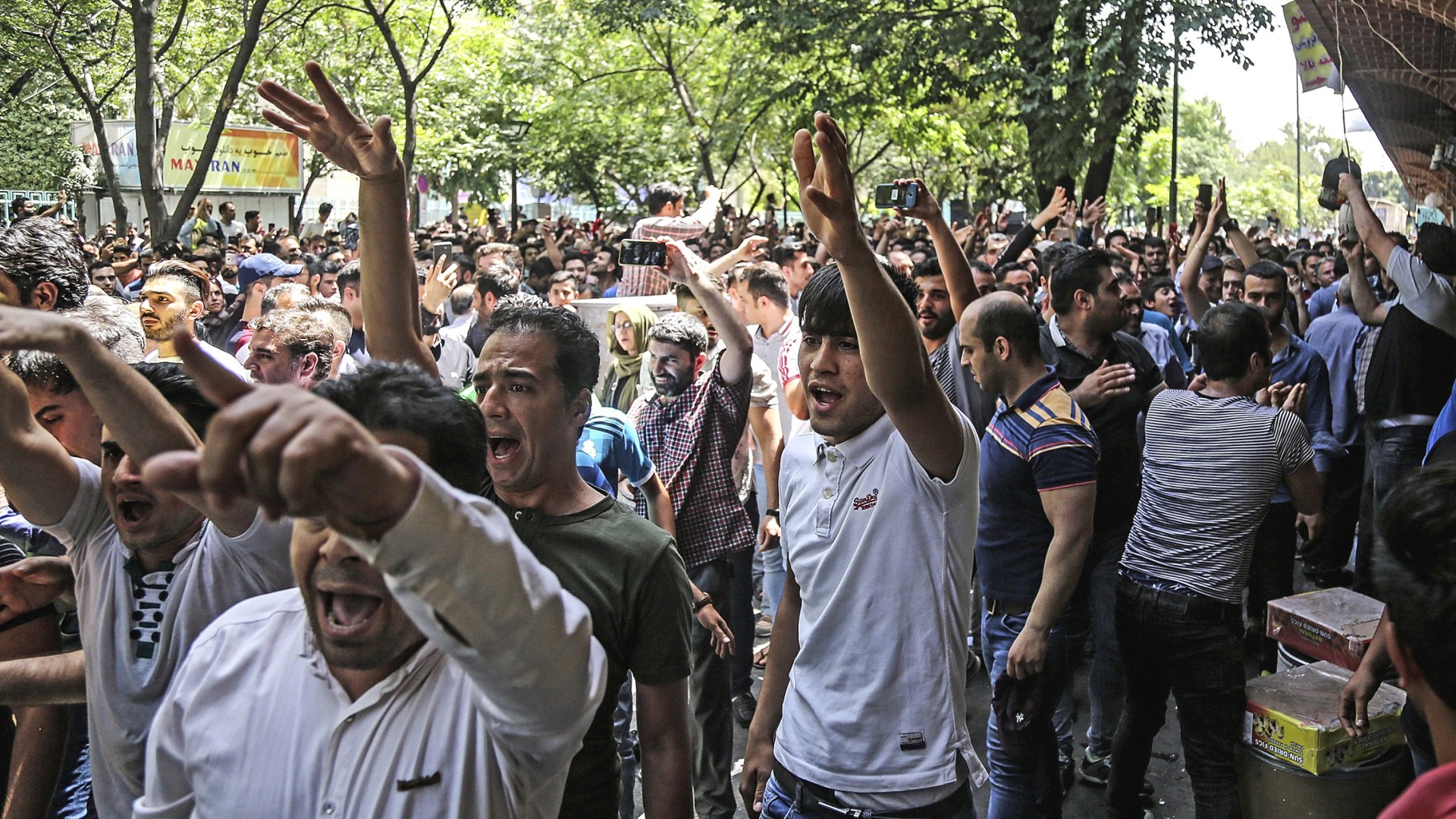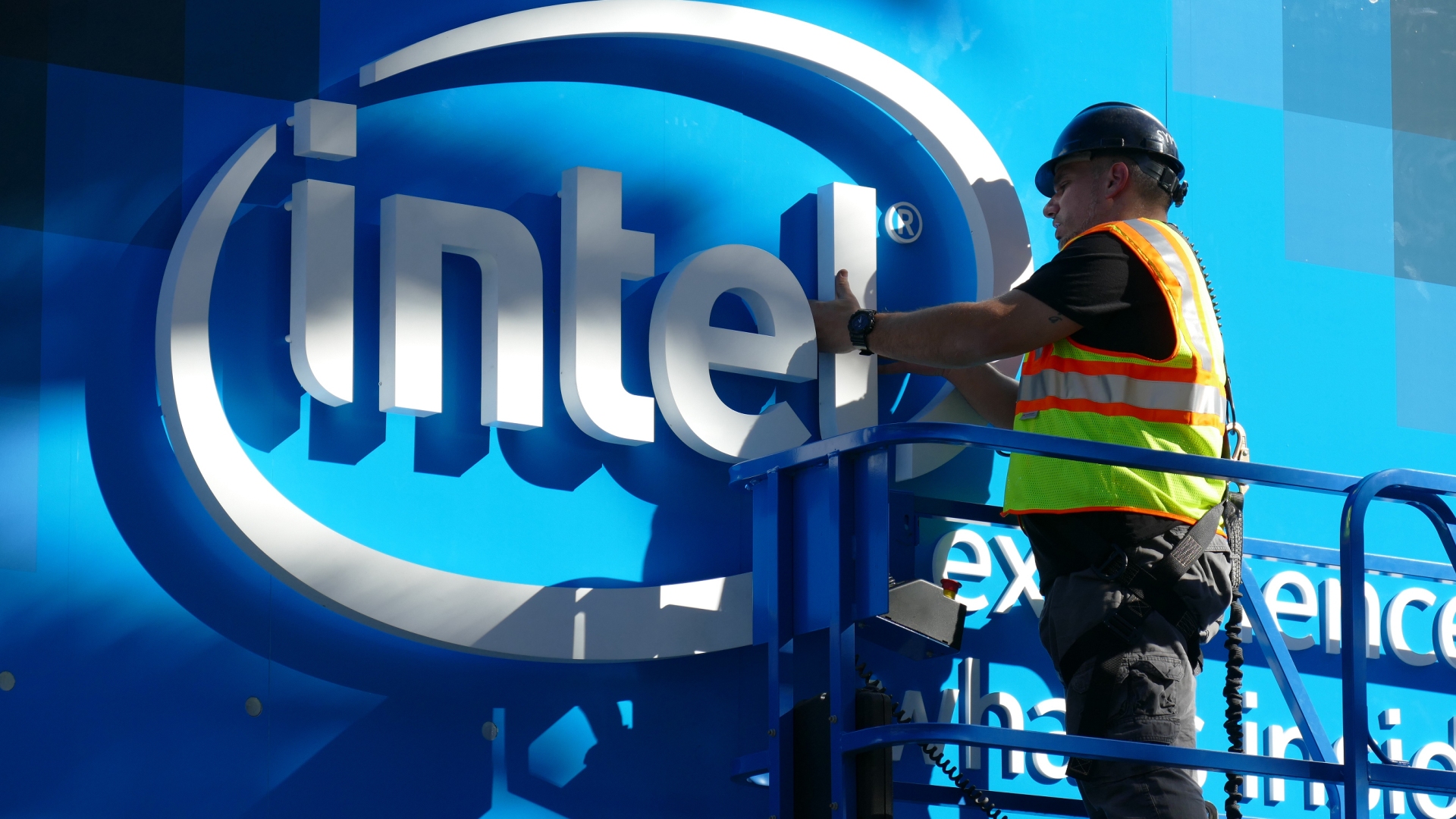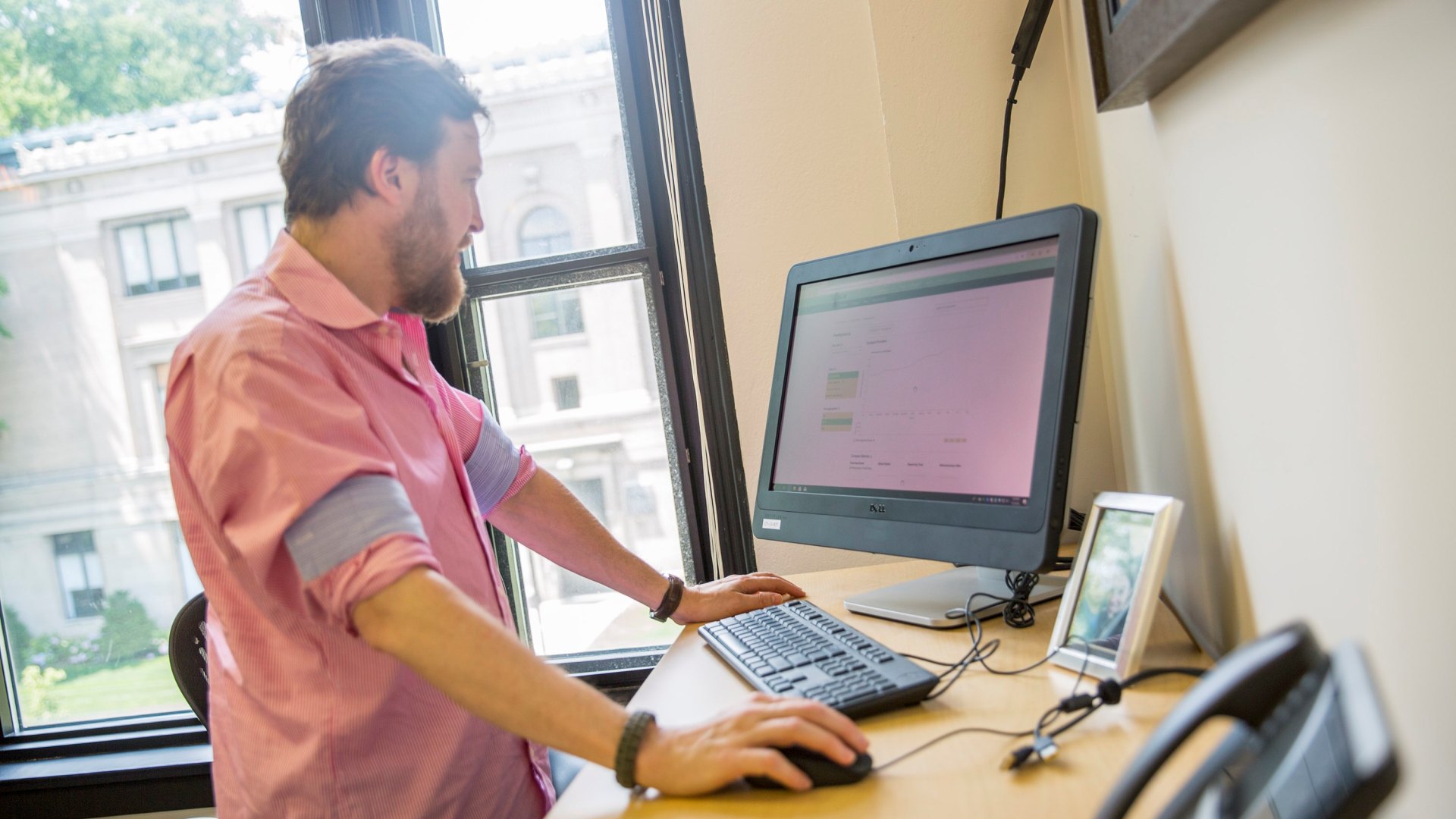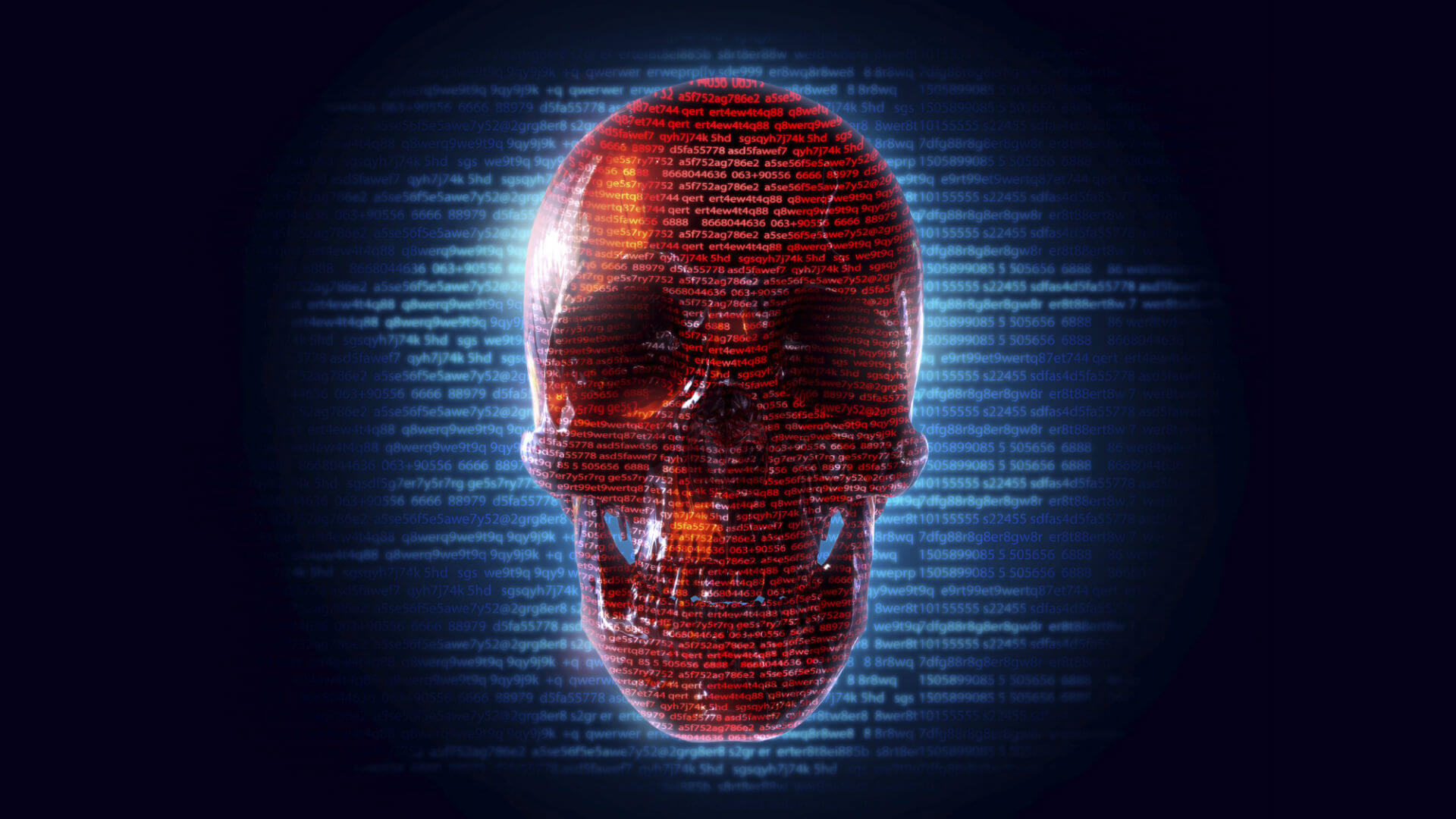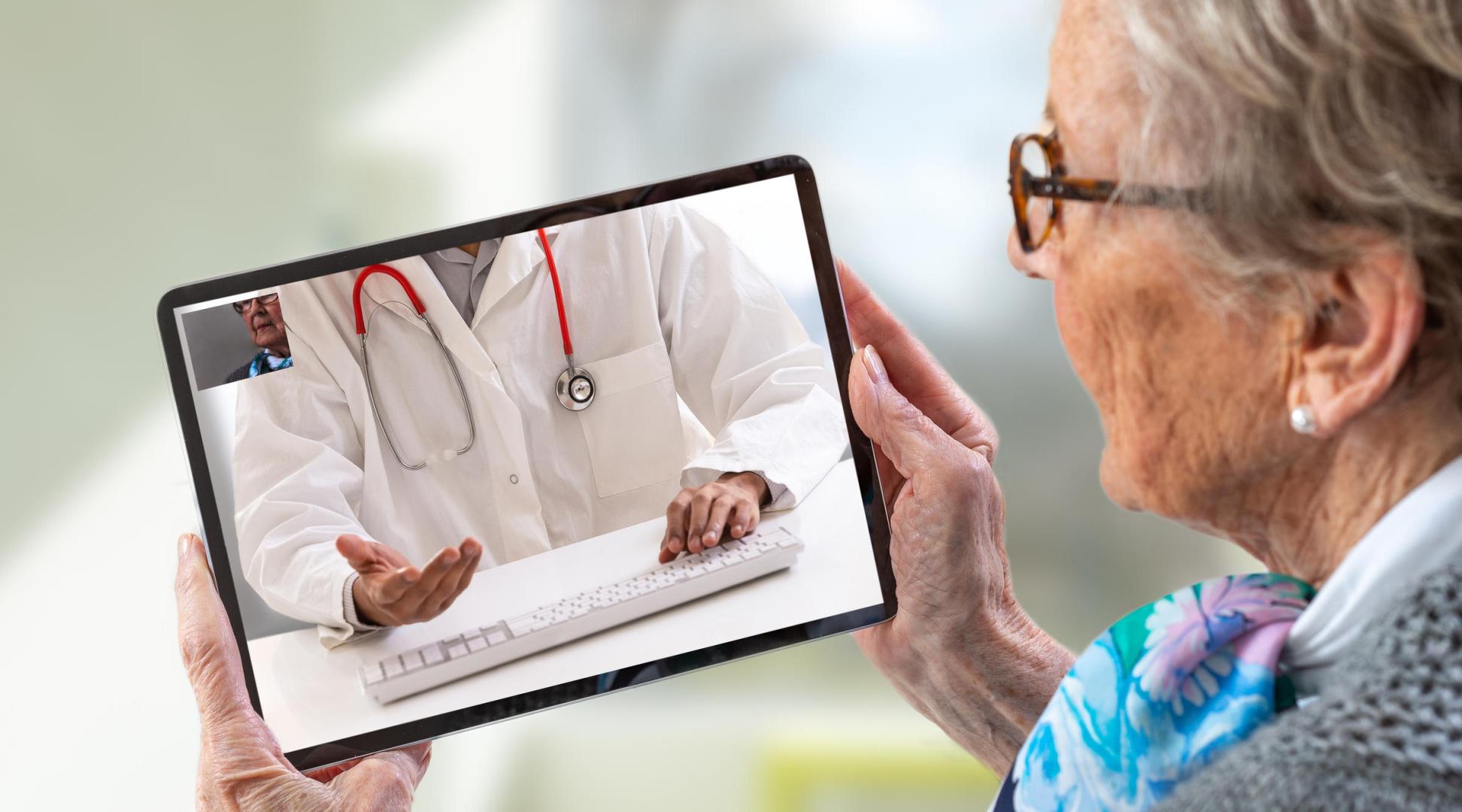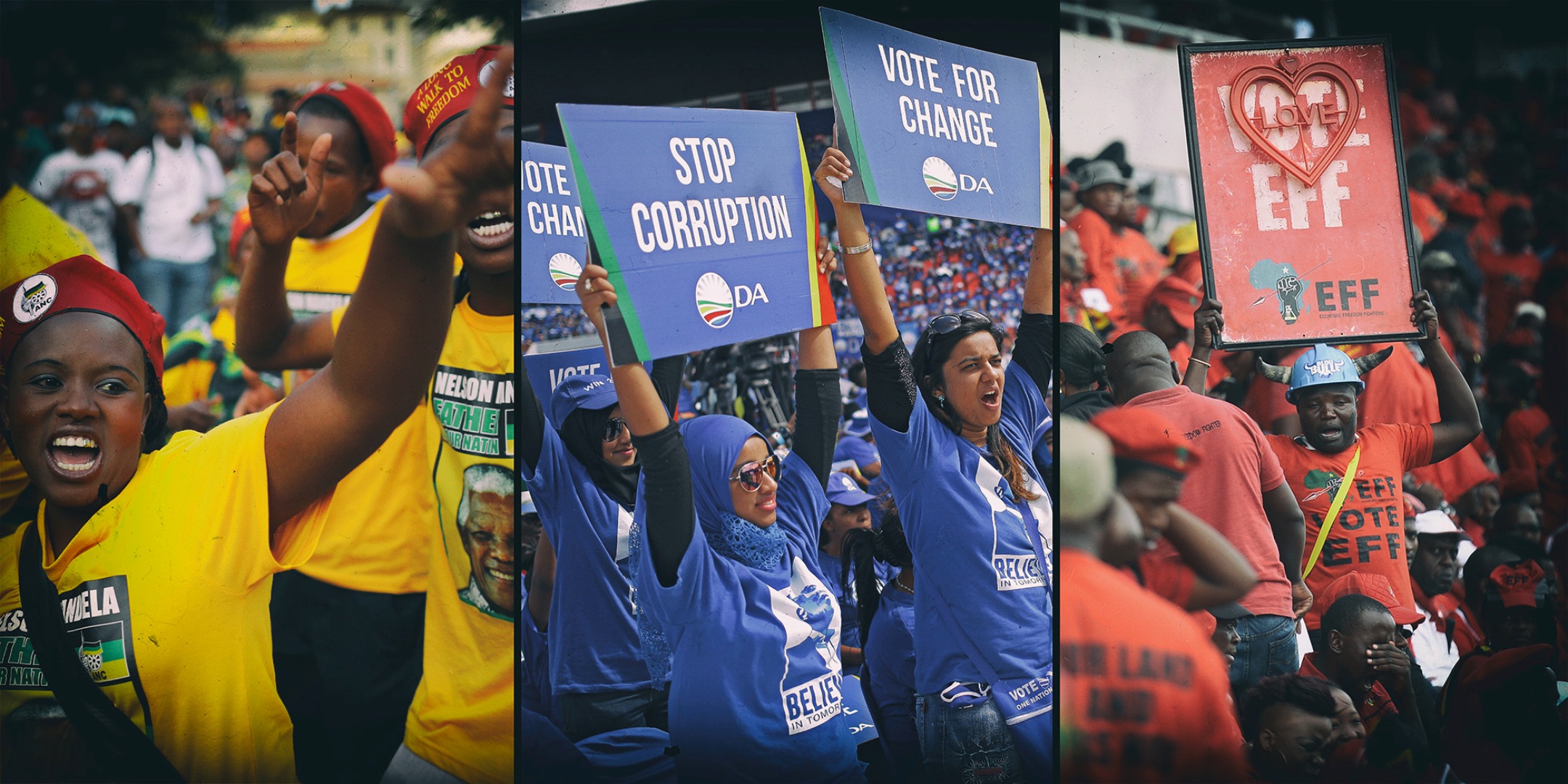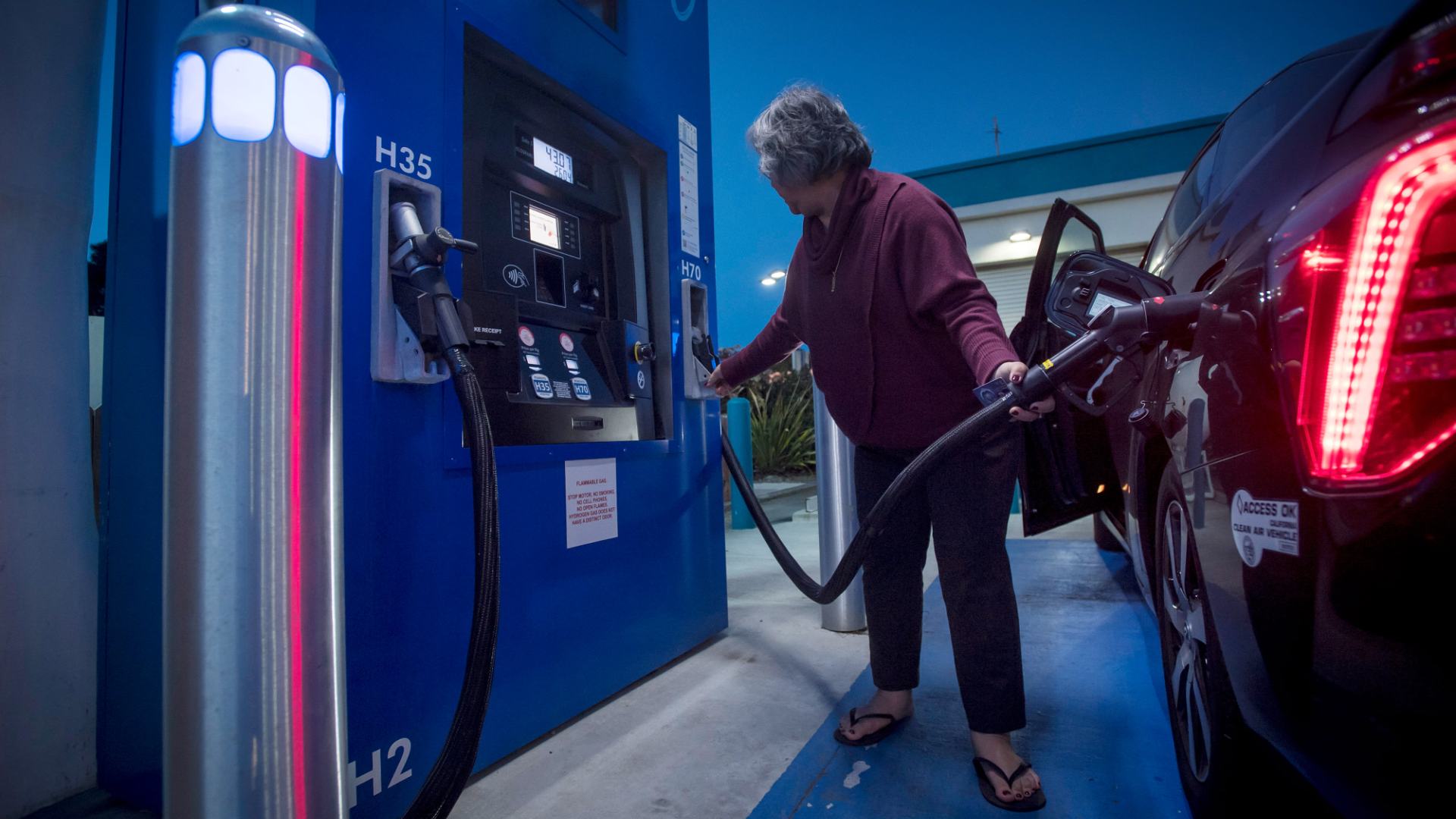Studies have shown that the COVID-19 pandemic disproportionately affects Black people and other minorities in the United States in severity, mortality, economics, and more.
Stephen Thomas PhD, Director of the Maryland Center for Health Equity at the University of Maryland, says that it was just last summer when the New York Times had to sue the Centers for Disease Control and Prevention (CDC) to get a breakdown of infections by race.
And a year ago some people even thought Black people were immune to the virus because of the melanin in their skin.
As Joe Smyser, PhD, MSPH, CEO of the health communications firm Public Good Projects, puts it, “Everybody knows about Tuskegee.
Everybody knows about Henrietta Lacks. What I don’t often hear acknowledged is that the systemic racism that encouraged these two unethical, horrible incidents is still causing unethical, horrible incidents.”
Smyser points to a 2020 study that found Black babies are three times more likely to survive if they’re cared for by a Black physician than a white one.
In 2010, he reminds, minority women were forced to be sterilized in the US prison system.
And just 2 months ago, he says, Susan Moore, MD, a Black physician, spoke about receiving racist treatment when she was hospitalized for COVID before succumbing to the infection.
Between mistrust, misinformation, and COVID management that has not always protected the most vulnerable (think inequitable test allocations and vaccination sites), how surprising is it that Black communities have lower vaccine acceptance?
RELATED: Over 5000 Persons Vaccinated In St. Kitts/Nevis
And how can public health officials help change external factors and individual emotion to raise vaccine uptake?
Rising vaccine acceptance, but still lagging
According to Kaiser Family Foundation’s (KFF’s) statistics, which draw from 23 states, Black and Hispanic people have received disproportionately fewer vaccine doses.
In 20 of the states, the percentage of Black people who received COVID vaccines is half or less than the proportion of Black COVID cases.
Some of the greatest gaps are seen in Delaware (6% of vaccines received vs 24% of infections), Louisiana (13% vs 34%), Maine (1% vs 6%), Mississippi (17% vs 38%), and Pennsylvania (3% vs 14%).
White people, on the other hand, have a higher number of vaccinated people than case percentages in all states but Alaska (28% vs 38%) and Nebraska (88% vs 89%).
Back in September, two polls shed some light on COVID beliefs and vaccine hesitancy.
A KFF poll found that 85% of Black people trust their own local doctor or healthcare provider, followed by the local health department (79%), the CDC (78%), and federal COVID lead Anthony Fauci, MD (77%). (Only 12% trusted then-President Donald Trump.)
Similarly, the COVID Collaborative reported Black people had the highest levels of trust in their personal healthcare provider (72%) but found greater distrust toward Fauci (53%) and Trump (4%).
The poll also indicated low levels of trust in the Food and Drug Administration (FDA; 29%), pharmacies and clinics (27%), and drug companies (19%).
Vaccine acceptance has risen since then, though. A USA Today poll says 56% of Americans will get the vaccine as soon as they can, up 10 percentage points from the prior month.
The Harris Poll, as reported by Fierce Pharma, also showed an overall rise from 58% in October to 69% in January, with acceptance from Black people increasing from 43% to 58%, respectively.
Still, public health advocates will have to communicate updates, correct misunderstandings, and manage expectations around vaccine side effects and distribution.
Otherwise, as Thomas says, “It’s an activity in frustration.






